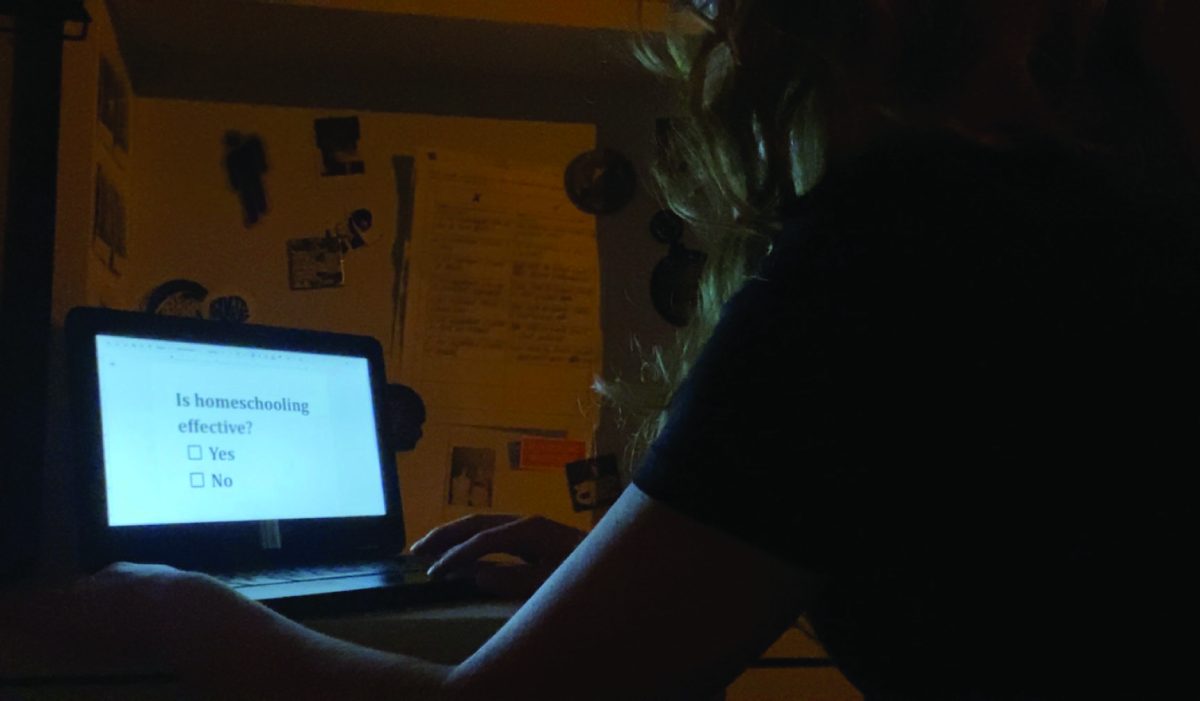Still Gotta Go
Approval ratings of bathroom policies drop due to new policies
October 20, 2022
When students at LSE returned for the 2022-2023 school year, notable changes to rules and regulations had been made. Emphasis on students wearing IDs and stricter phone policies increased, but bathroom policies were the biggest change. The infamous “first 10 last 10” rule became more enforced, and now students are expected to sign out and in when leaving. While these new implementations were aimed at decreasing the number of students out of class during the school day, 67.4% of respondents in a survey of 181 LSE students and staff do not believe that the new bathroom policies effectively decreased the number of students skipping class. Instead, more than half agree that there has been increasing anxiety about asking to and going to the bathroom, and approval ratings of bathroom policies at Southeast have gone down from 3 out of 5 to 2 out of 5.
Sophomore Maisy Viehl expressed her disapproval of the new rules and regulations stating that it has become more tedious.
“There is so much room for improvement. Students shouldn’t have to go through a 2 min QR process just to be gone for 3 mins,” Viehl said. “I think instead of putting the entire school through this process, staff can narrow their attention to the students who decide to skip class and work with them to develop a plan. In a perfect scenario, we won’t need to check in and out or even ask for permission but that will take trust from students and staff over time.”
Other respondents shared that scanning out of classrooms or into the bathrooms using their IDs would be preferable over a jump code, QR code, or other physical forms, however, this presumably would cost a significant amount of money. Some said that the problem of students skipping class could simply be solved by leaving their phones with their teacher when they leave the classroom.
Though there are a few suggested alternatives, the overarching message throughout all responses seemed clear; just let students go to the bathroom. The ideology of purely allowing students to go might appear backward based on what staff at LSE have been trying to do, which is to prevent students from skipping class and missing learning time, but it might be worth a try.
Many students voiced similar ideas of how to improve the rules surrounding bathroom use, as one LSE student summed up, “No QR code is necessary. We are in high school and should be trusted until proven otherwise. If people can’t handle going to the bathroom that’s on them, but don’t let it impact everyone else going to the bathroom as well.”
Having students bear the responsibility for their learning and actions might just be the way to decrease the number of students skipping class.
Quite a few others also expressed that the best way to help keep students in class would be to simply focus on individuals who seem to be missing a significant amount of learning time that has an impact on their success in school. This then permits the majority of students that do not skip class in bathroom stalls to go to the bathroom whenever they need to, and others that seem to be struggling at school can get individualized help.
Administrator Crystal Folden said that the staff at LSE has been focusing on individual students, saying “[once we notice] certain student leaving every class every day, we can talk with those student about staying in class or limiting their out of class movement so they can get the instruction and work time they need”
While some may argue that the only way to identify these students is with the current sign-out procedures, if a student’s absence in class is affecting their grades and scores in a class, usually teachers and admin can notice and become more aware of when the student leaves class.
While many people have differing ideas and perspectives on how bathroom visits should be treated at LSE, the bottom line is, usually something is causing a student to want to miss or leave class, and instead of their choice to remove themselves from that situation be penalized, staff should work to make sure all students can be successful and comfortable during their tenure at LSE.










